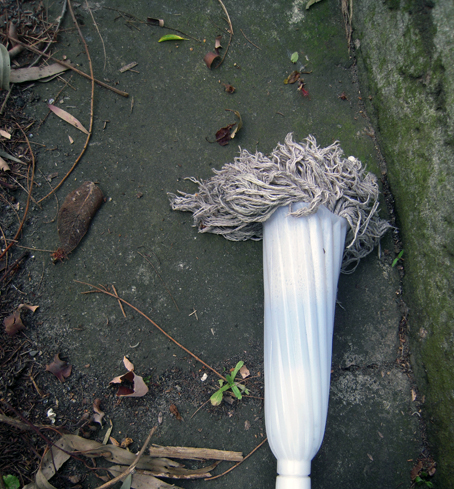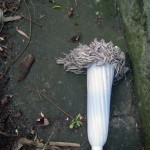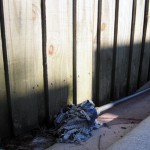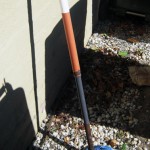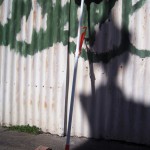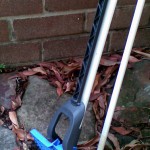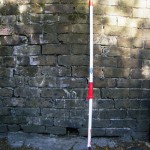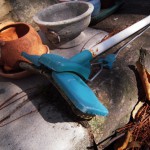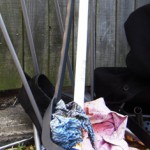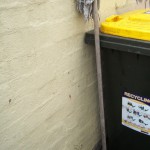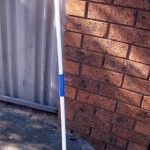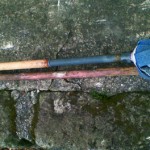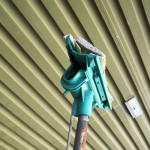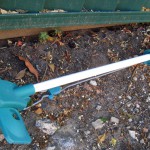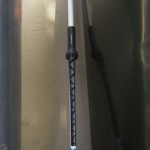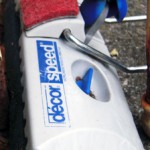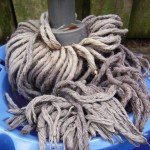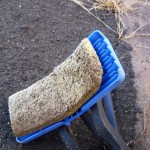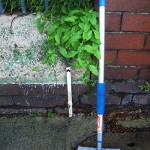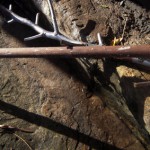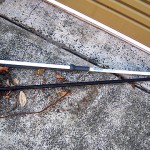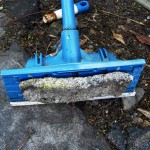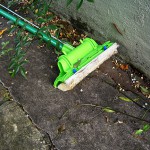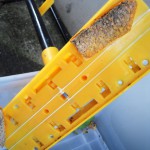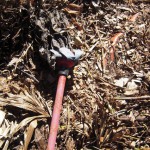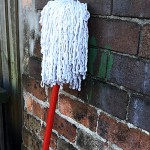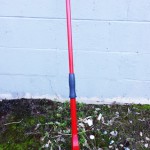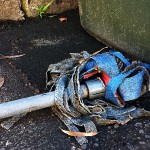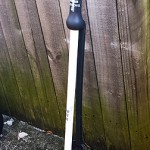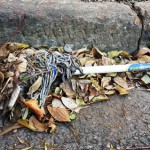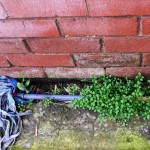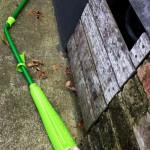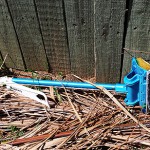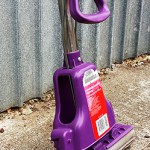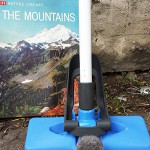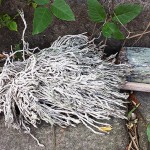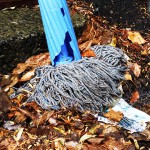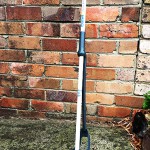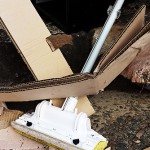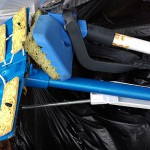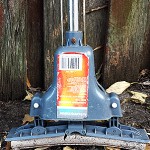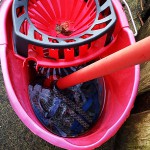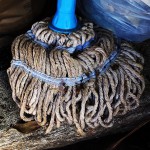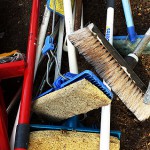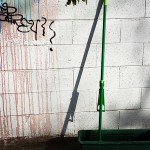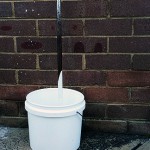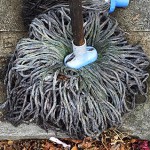There’s been an epidemic of dead mops in the neighbourhood recently. Perhaps they are victims of a particularly vigorous and brutal season of Spring cleaning, but it got me wondering as to why mops need die at all.
When I was at school, the caretaker had a mop as ancient as the head of Medusa and a grey metal bucket that looked as if it had seen service protecting convoys in the North Atlantic. Whenever there was a spillage or unwelcome deposit of some kind, a child would be despatched to summon Mr Sykes with his mop and bucket. It’s probably still out there somewhere being pushed around, clanking and gurgling as it moves from one puddle to the next.
Today’s mops are but a pale shadow of that archetype. It’s as if the mop DNA has been progressively weakened and fractured over the years until today’s variants display just a distant resemblance to that proud forebear. Sure, as mops they have been pimped and prettified, their ergonomics panel-tested and group-focused but it seems that, in the process, they have lost their essential mop-ness, that inherent moppability that distinguished mops of yore.
Now I’m a fan of the squeegee sponge mop. I like the squashy orange rectangle with a texture resembling something served on a long-haul flight. I like the fact that it leaves nice, shiny, straight clean lines when it mops. Big tick from this mopper. I acknowledge though that being squeezed and released repeatedly takes its toll and it is perhaps inevitable that these mop-heads should have an expiry date. Fortunately, in many cases it is simply a matter of out with the old and in with the new, a quick and easy surgical replacement. Unfortunately too, there are times when the handle rusts or the squeezing mechanism fails and there is nothing that can be done to save a mop. A new head won’t help us here; the situation is terminal. That happens. Life goes on.
But what of the tangled, floppy-haired variety? Do they become too knotted? Are they frayed and thinning? I don’t understand what is wrong with these mops? In theory they should still mop, insofar as they were ever capable of mopping, but instead, there they are, lying prostrate in the laneways, propped defenceless against fences. These mops mystify me.
A good mop should last forever; it should outlive its mopper. No-one should have to endure the death of their mop and yet, sadly, it has become an all-too common occurrence.
